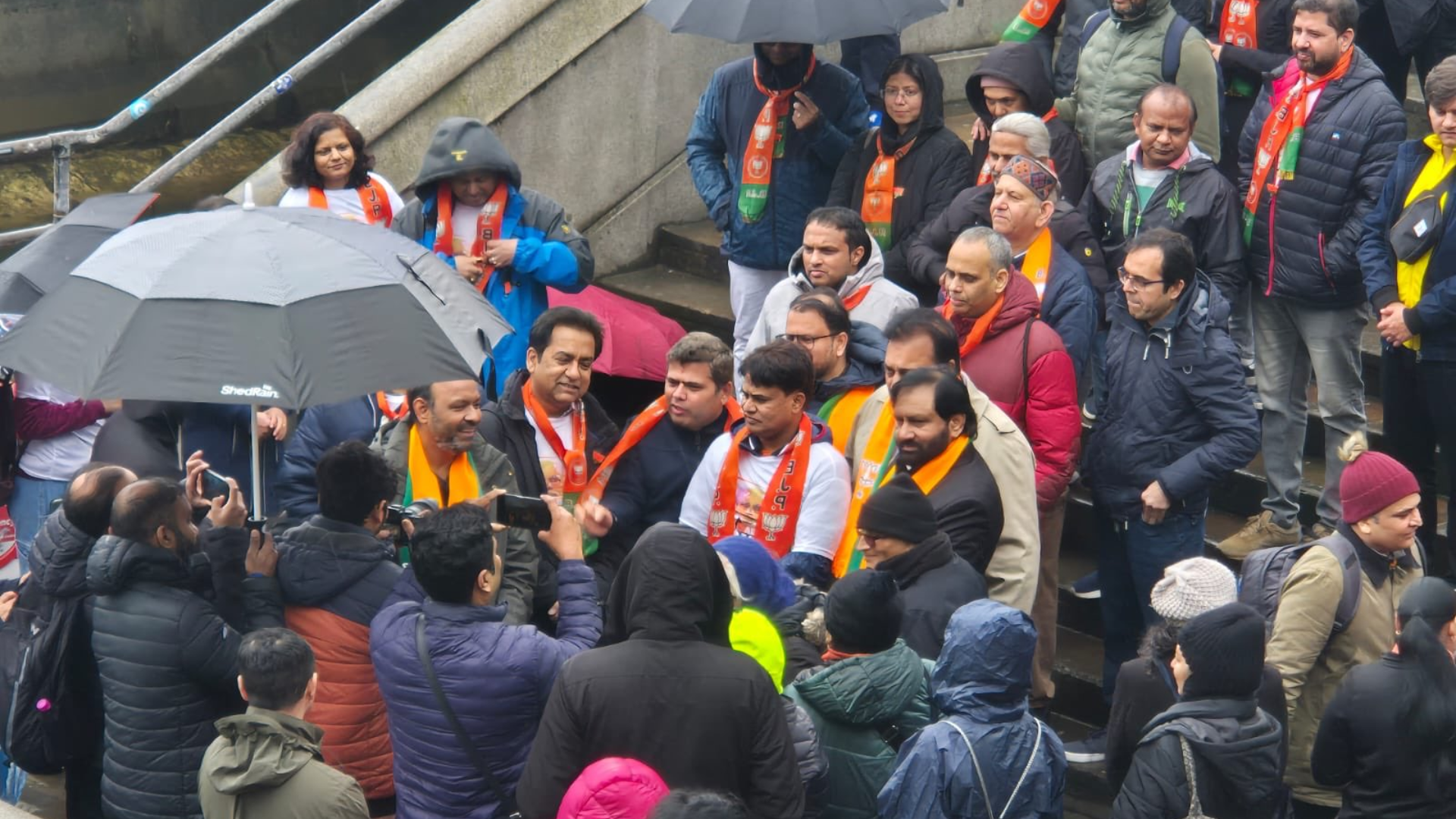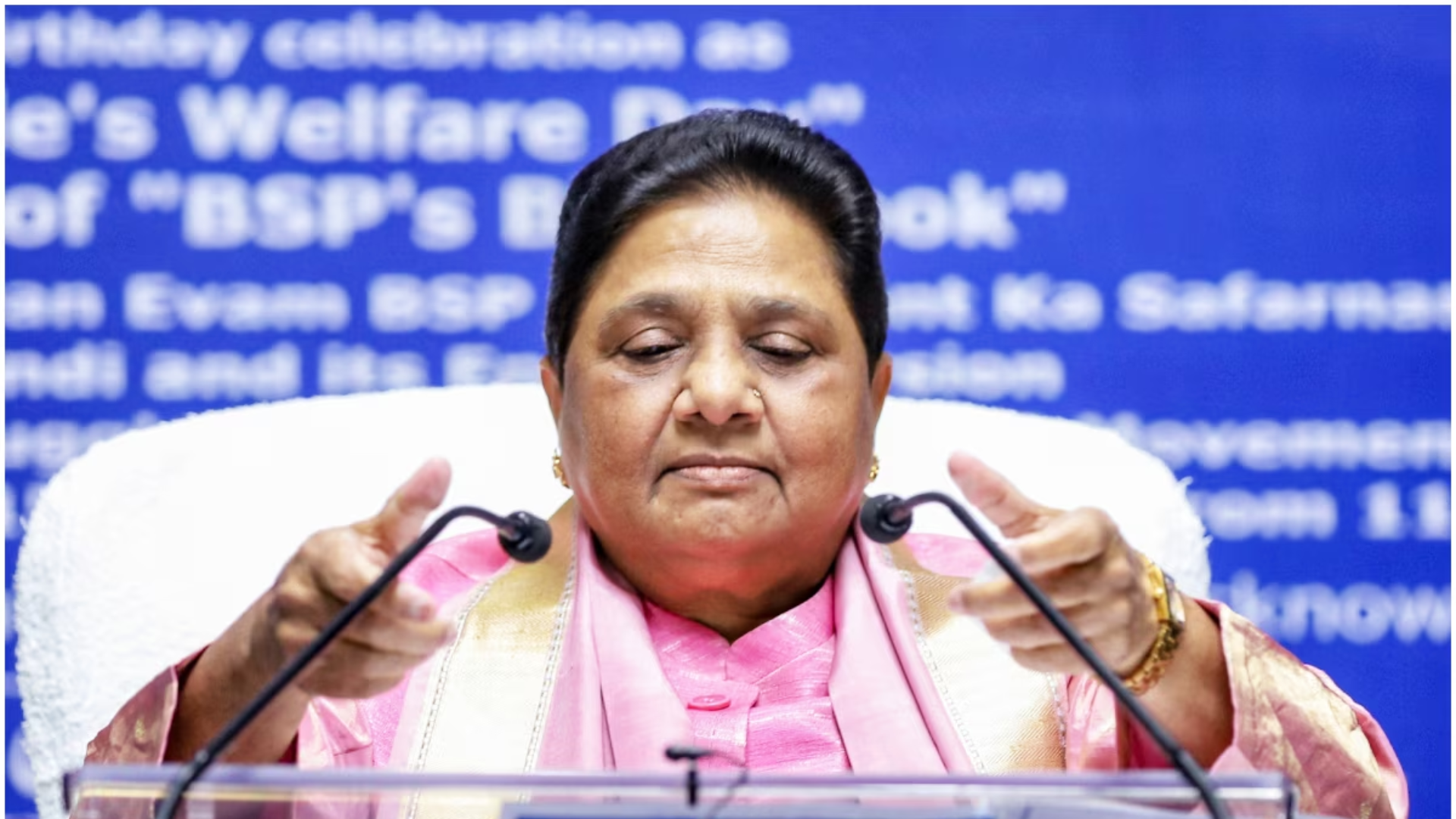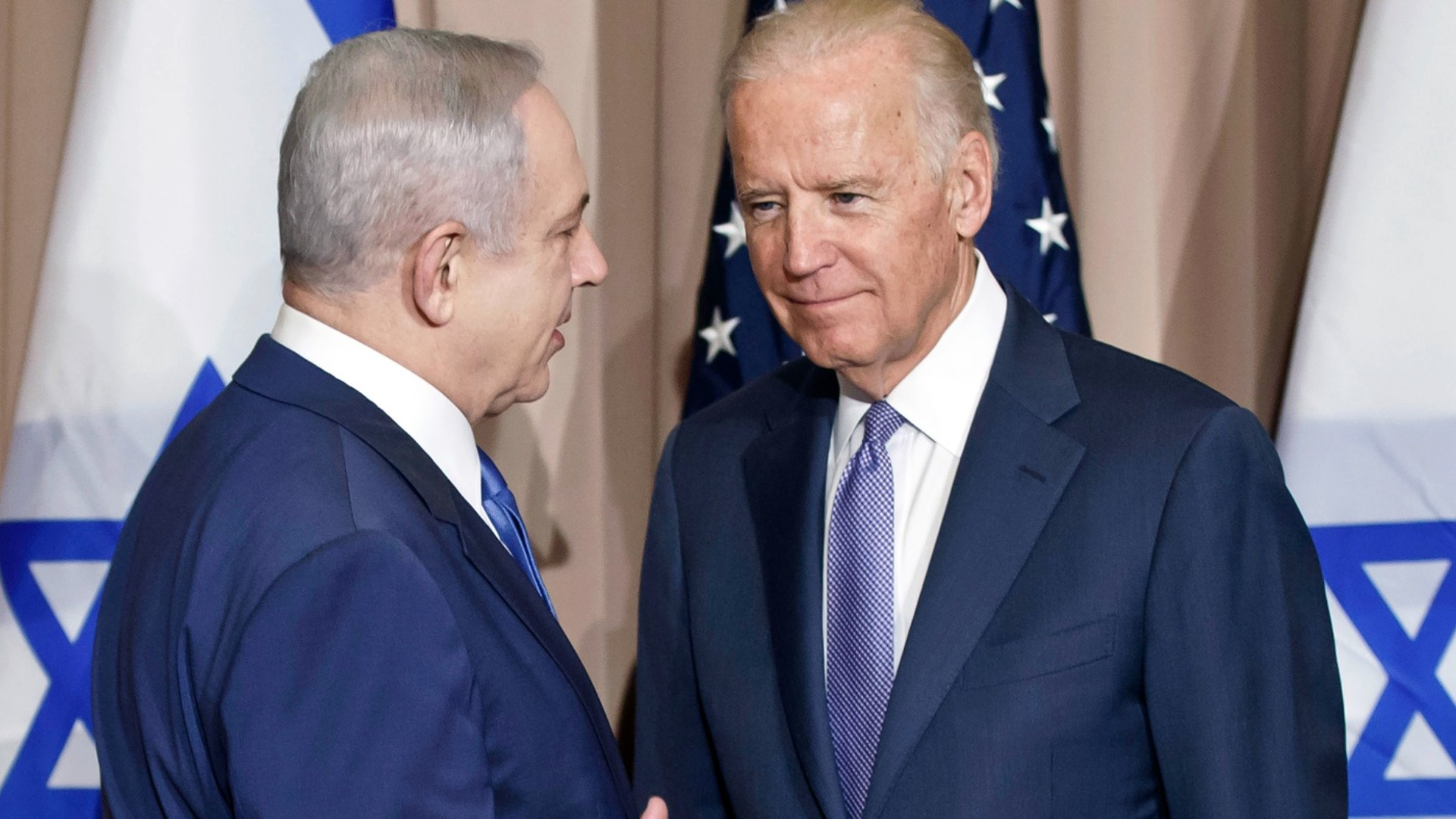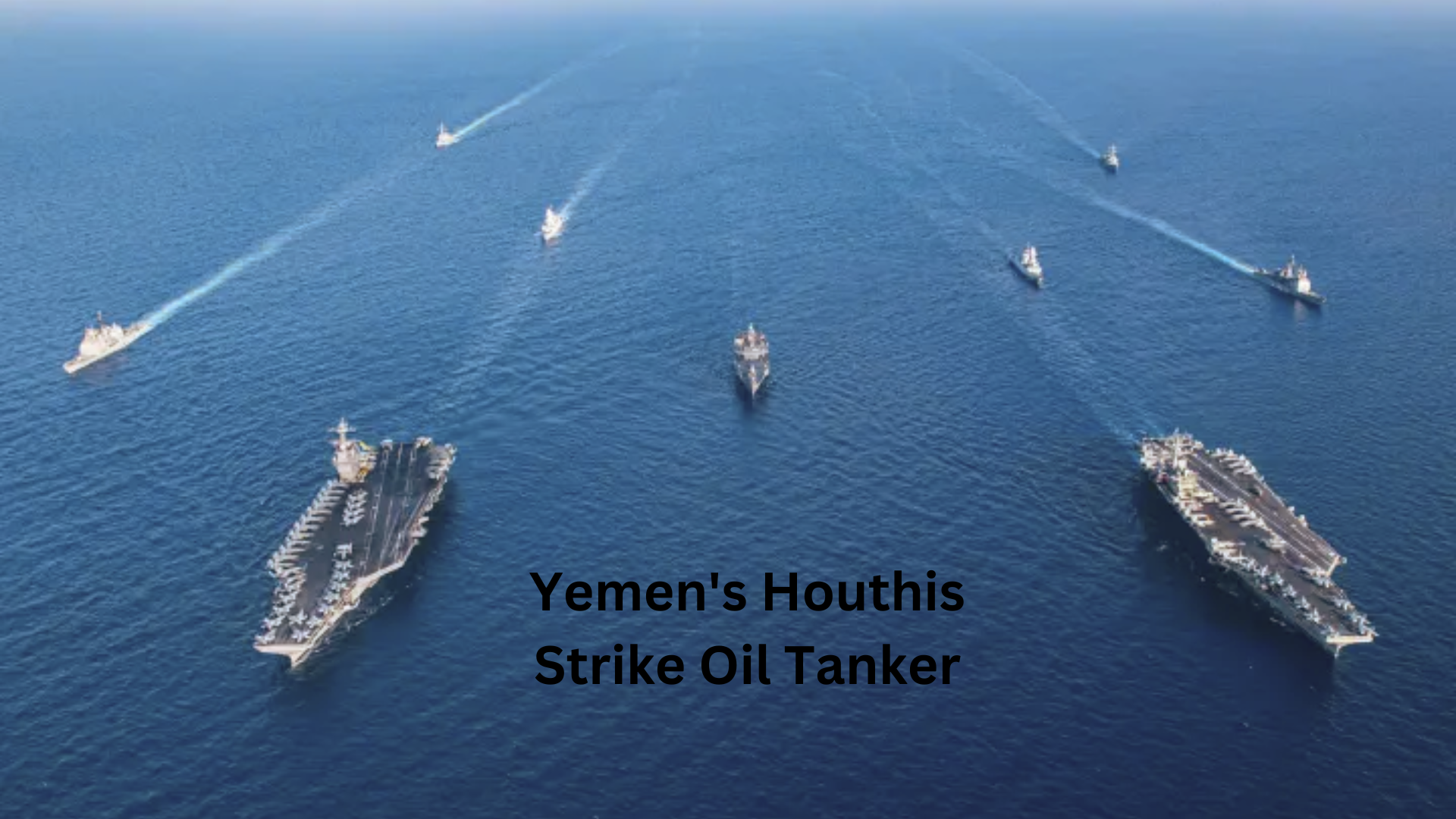




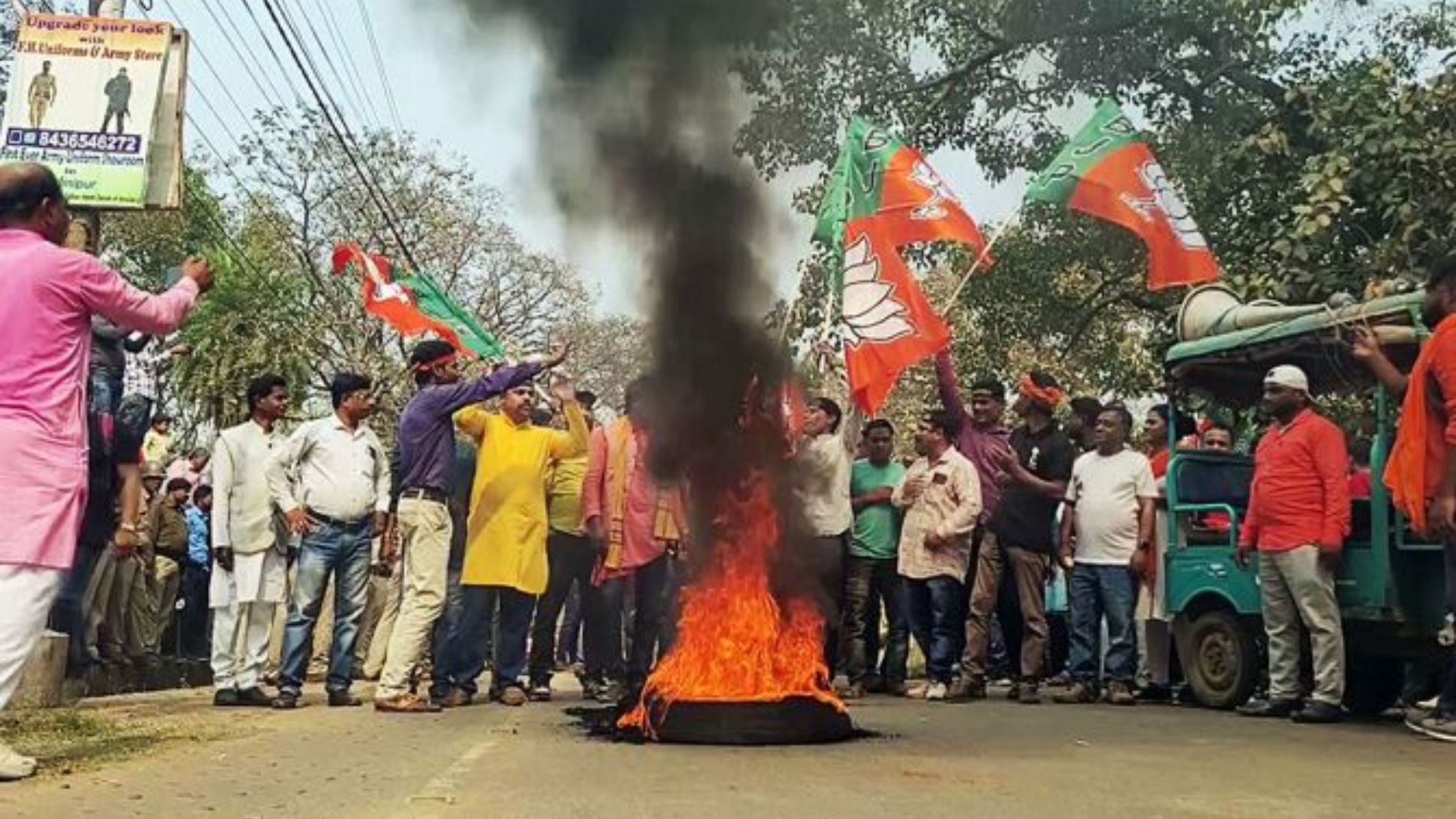


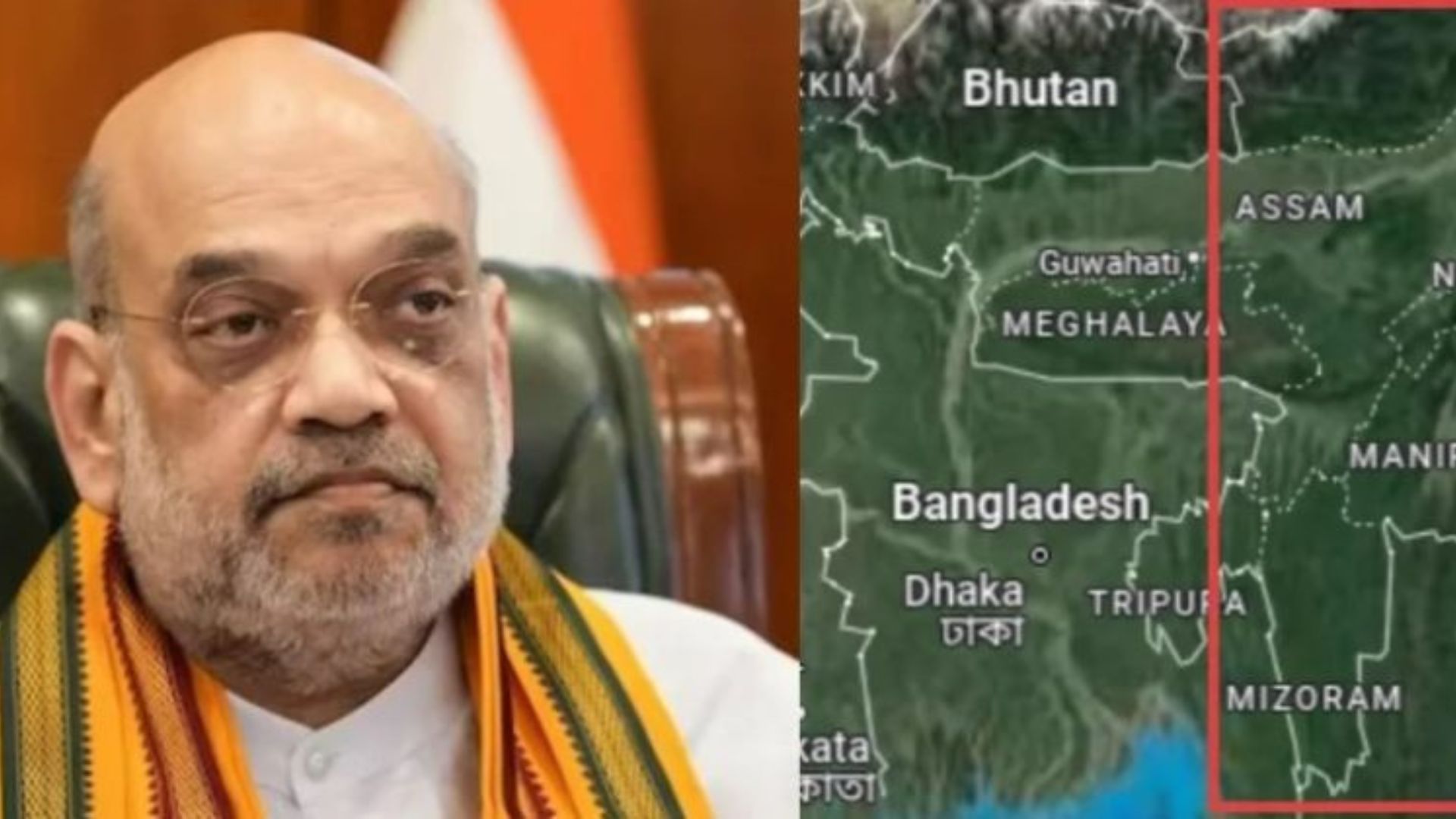

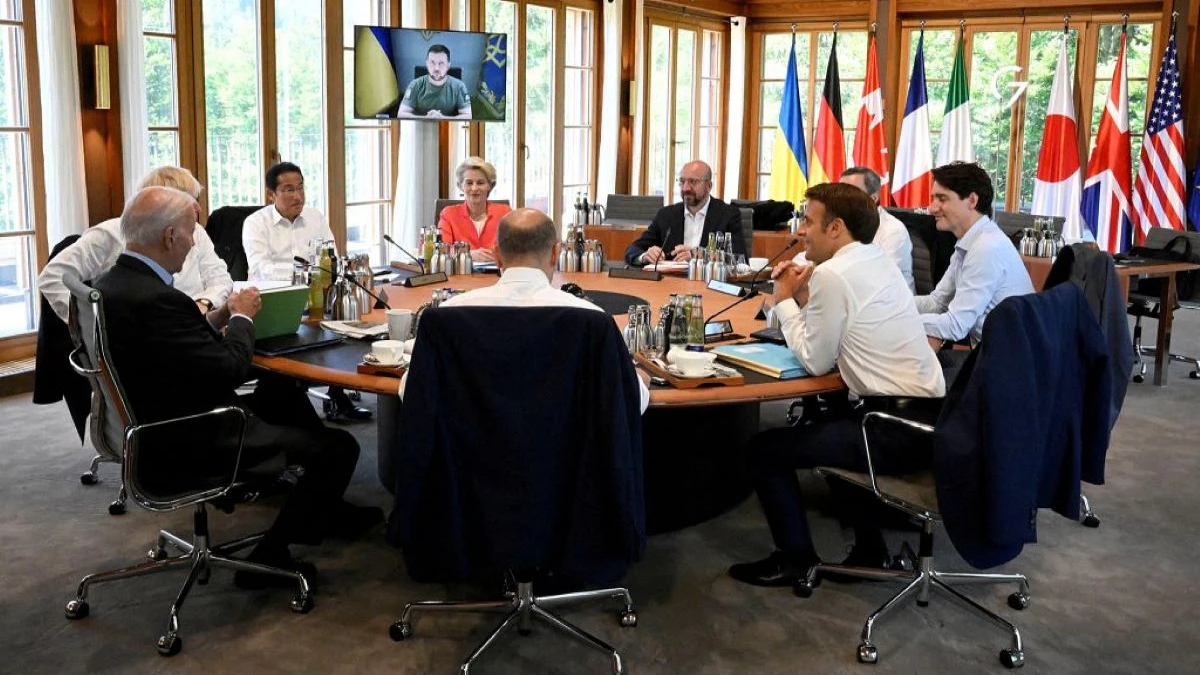
According to senior US officials, the Group of Seven (G7) countries will soon meet and decide on a price ceiling on imports of Russian oil. They said that India will profit from the decision even if it does not directly participate in the price cap mechanism.
According to Elizabeth Rosenberg, assistant secretary for terrorist financing and financial crimes at the US Treasury Department, “We will not allow Russia to profit and get a war premium for invading Ukraine.” “India will have access to lower prices of affordable energy (Russian Oil). It can leverage the price cap to negotiate a lower price with Russia.
US officials asserted that the G7 would take the cost of production into account when setting the price cap and would provide Russia with a financial incentive so that its oil would continue to flow into the markets.
This promise comes as some nations struggle with rising inflation brought on by rocketing gasoline costs.
Any G7 service provider involved in shipping, banking, insurance, or any other service must certify that Russian oil is acquired below the price cap and must be in compliance if the price cap policy is in effect for it.
Ben Harris, the US’s assistant secretary for economic strategy and a counsellor to the secretary of the treasury, told reporters that “everyone gains in this except Russia” and that “it is not a worldwide cap, it is G7 cap.”
According to estimates, the G7 affluent countries—Britain, Canada, France, Germany, Italy, Japan, and the United States—control about 90% of the insurance companies and oil-transporting boats, and Russia is largely reliant on them.
Officials said that Russia has already entered into long-term agreements with several purchasers who are offering significant discounts, indicating that the price cap system will function.
Despite being one of the biggest oil importers and depending on imported oil for more than 80% of its needs, India is remaining silent over the price ceiling move spearheaded by the United States.
Additionally, India has insisted that limits on oil imports are ineffective and is purchasing Russian oil because of the low price and reduced impact on its economy.
Early this year, the crisis between Russia and Ukraine caused crude oil prices to surge to almost record highs. In order to restrict Russia’s ability to profit from its energy exports, Western nations led by the United States put a number of sanctions on it.
However, the administration of Prime Minister Narendra Modi chose to prioritise national interests by increasing oil imports from Russia.
Nirmala Sitharaman, the Union Finance Minister, said on Thursday that in the months after the start of the Russia-Ukraine war, the proportion of Russian oil in India’s total oil imports rose from 2% to 13%.
Sitharaman said credit must go to PM Modi’s statesmanship for making the choice to increase imports of Russian oil at discounts, which helped to lower the import bills, while speaking at an event hosted by the Indian Council for Research on International Economic Relations (ICRIER).
Sitharaman said that “inflation control” included the expansion of oil imports from Russia at reduced costs.
Russian oil imports are the “best bargain” for the nation, according to External Affairs Minister S. Jaishankar, notwithstanding the unjustifiably high oil and gas costs.




